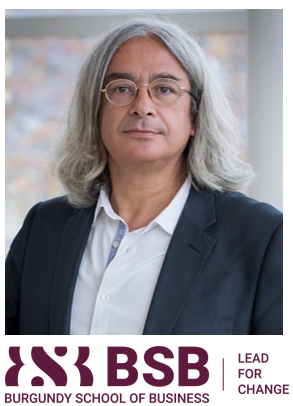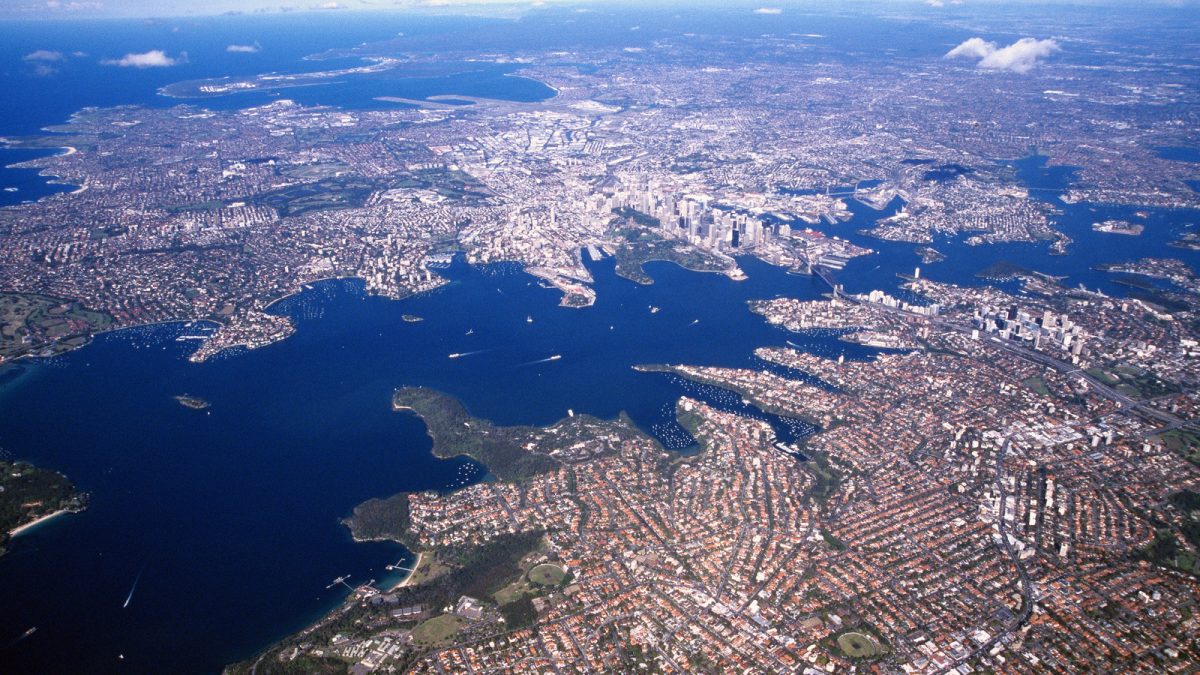EO-based services and the stakeholders’ view

In this interview conducted by the International Water Association (IWA), Prof. Nikolaos Georgantzis, on behalf of Burgundy School of Business (BSB), gives an overview of the main concerns of stakeholders towards EO-based services, highlighting how PrimeWater (European H2020 Project) can address them.
BSB is a business school with expertise in applied/behavioural social science in the agriculture sector and, especially in the collection and analysis of experimental data on user attitudes towards particular traits of products and services, in order to construct statistical models on the probability of adoption decisions. Within PrimeWater, BSB is leading the collection and analysis of experimental data on stakeholder attitudes towards particular characteristics of EO-based services. The analysis of such data in the beginning and towards the end of the project can help to identify the determinants of EO-based service adoption and evaluate the effects of the project itself on such adoption decisions.
IWA: What are the main concerns of stakeholders towards EO-based service?
NG: We know that stakeholders from different sectors are interested in EO-based services, such as aquaculture, drinking and irrigation water provision, farming, maintenance of natural attractions for recreation, power generation, aquatic ecosystem management, etc. Following existing studies, we identified that the main concerns of these stakeholders and potential users include information on water flow issues, eutrophication, industrial contamination and impacts on coastal areas.
IWA: How can these concerns be addressed?
NG: PrimeWater addresses these concerns through a Multi-User Panel (MUP) which includes a representative sample of experts and potential users. During MUP workshops, these Users are surveyed and interviewed at different stages of the project about their preferences and needs with respect to specific types of EO-based services as well as specific attributes and, especially, the way these are combined in an intermediate or a final product. The objective is to go beyond a mere descriptive account of the percentages of users who expect a particular service.
PrimeWater aims at building a model that predicts the type of service required by a specific user, weighing the intensity of the need and even providing a monetary value that could be added by each improvement in quality, accuracy or type of information obtained from the service. As PrimeWater advances, members of the MUP are faced increasingly with specific solutions and product types developed or identified during the project, in order to evaluate them and to obtain not only the information required for later stages of the project, but also evaluating the progress already made.
IWA: How will PrimeWater add value to end users?
NG: As a result of PrimeWater, our endeavor is to add to existing knowledge on User requirements through an analysis of preference for each service and its attributes, as well as a monetary approximation of the value added by different attributes and different levels of the supply chain. Hopefully, this will work on both sides of the chain. On the supply side, provision will be better guided through the approximation of economic value of different EO-based services. Looking at the Users’ requirements, the information on the value of attributes will help them to identify the extra elements contained either in terms of quality or attribute composition. In other words, PrimeWater hopes to contribute to a better development and broader uptake of EO-based services, adding value to existing solutions and guiding future ones.
Leave a Reply Cancel reply
You must be logged in to post a comment.
Categories
- Blogs (13)
- Experiments (10)
- Factsheets (1)
- Interviews (6)
- News (47)
- Newsletter (13)
- Publications (18)
- Survey (1)
- Virtual Lab (1)
- Webinar/workshops (14)


